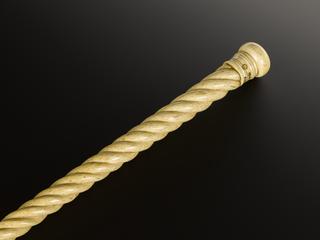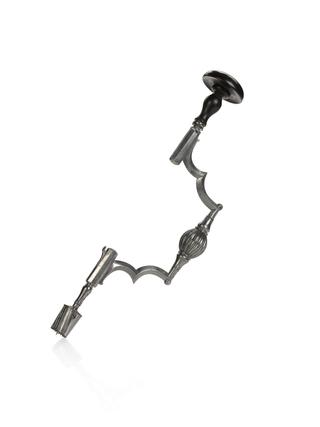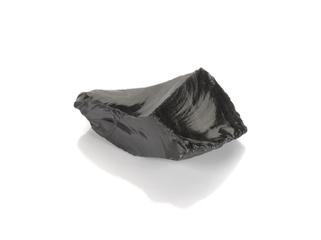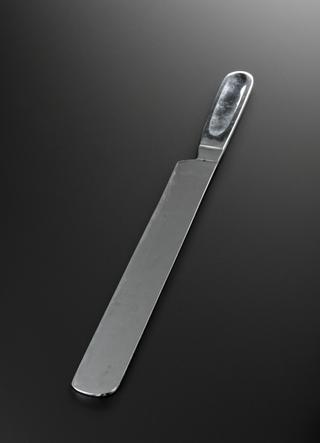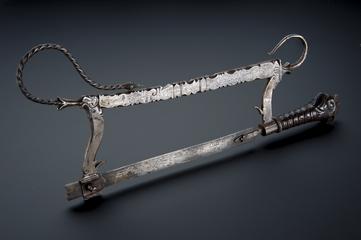
Flint instrument used by T Wilson Parry for trephination experiments, England, 1918-1920



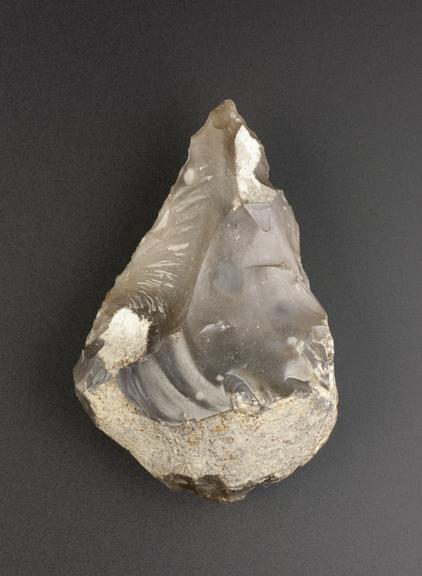
One of four flint instruments, probably made by Dr. T. Wilson Parry and used by him in experiments on neolithic trephination, England, 1918-1920
Trephination involves cutting into the skull to remove a small area of bone. It is probably the oldest surgical procedure, thought to date from around 5000 BCE. Tools, such as pieces of flint and sharp animal teeth, were used to perform the operation although they would have taken a long time to cut through the skull compared to more modern instruments.
Thomas Wilson Parry (1866-1945) was a researcher who made and experimented with instruments of a type that would have been used to perform trephinations in the Neolithic period, such as this piece of flint. Trephination is thought to have been performed in order to release evil spirits from the body, which were believed to be responsible for causing illness. It is shown here with a piece of skull trepanned by Parry using a flint instrument (A651997).
Details
- Category:
- Surgery
- Collection:
- Sir Henry Wellcome's Museum Collection
- Object Number:
- A652063/1
- Materials:
- flint
- type:
- trephine
